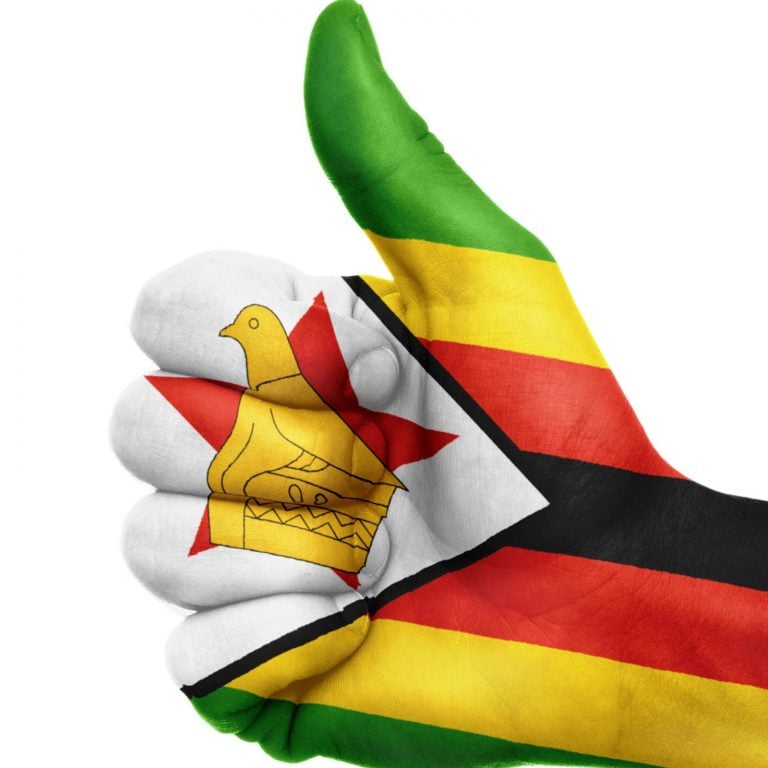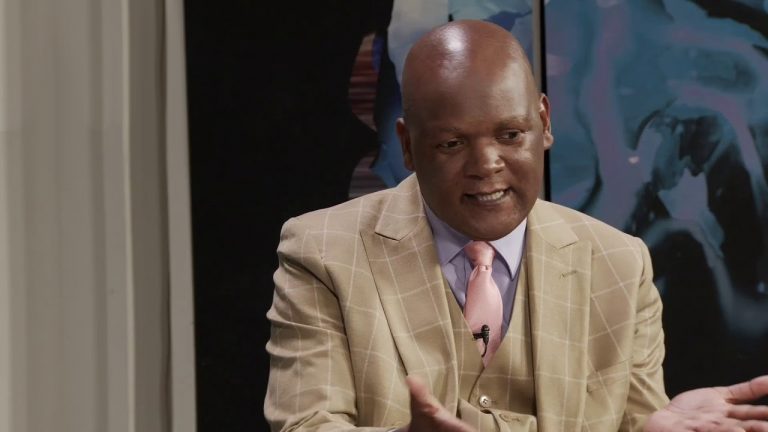
2018-9-10 08:55 |
Veteran business journalist Jeffrey Gogo has joined the news desk at Bitcoin.com. Regular readers count on news.Bitcoin.com to bring them coverage from all over the world, and that world now extends to Africa – Zimbabwe to be exact. Zimbabwe as an emerging crypto market is a critical part of the continent to have on-the-ground coverage. Meet the news desk’s man in Africa, Mr. Gogo.
Also read: Bitcoin ATMs Targeted by Malware for Sale in Underground Markets
Jeffrey Gogo Joins news.Bitcoin.com“I live in a middle income part of Harare called Mabelreign,” business journalist Jeffrey Gogo explained to news.Bitcoin.com in a profile interview after joining the Bitcoin.com team. “Fairly big four or three beds houses under tile on about one acre. We call them medium density suburbs here, a rung below the low density for the extremely rich, and another above the high density for those who have not yet found privilege to earn more. But we all face similar problems – poor water supply, cash shortages, dilapidated road network etc – except some are better equipped to cope than others.”
Catch a crypto enthusiast, and chances are they’ll know, if nothing else at all, at least a little about the economy of one African country, Zimbabwe. The Republic is most famous within the ecosystem as a fantastic use case: its currency so hyper-inflated it is now officially canned and out of circulation. The Zimbabwean dollar has become a cautionary symbol, often employed by cryptocurrency zealots as a way to show the folly of faith in politicians controlling an economy.
If there’s an upside to such a phenomenon, Zimbabweans have become practical monetary experts out of necessity. Half of all transactions involve paper money, and for the domestic population they’ve become accustomed to exchanging US dollars, South African rand, Botswana pula, euro, Chinese renminbi, Indian rupees, pound sterling, Australian dollars… you get the idea.
“Undoubtedly,” Mr. Gogo continues, “cryptocurrency presents an incredible opportunity for people in Zimbabwe and elsewhere in Africa to transact freely and speedily, on their own terms. For example, Zimbabwe has a history of hyper inflation and bank failure. People lost savings of a lifetime when inflation scaled past 230 million percent in 2008, according to government estimates. Overnight, all your bank savings, pension become useless. And even if one tried to withdraw cash from the bank, the money just wasn’t there. In 2009 the country ditched its own currency and adopted the US dollar, but cash shortages still persist. Depositors spend several hours in the bank queue waiting to be given just $30. Public confidence in the Zimbabwean banking system is so low that, with supportive legislation, crypto can thrive. People are desperate for a way out. Crypto can provide that. Mobile money proves that can be done.”
Skeptical at FirstReaders unfamiliar with the whereabouts of the African nation can find it on the continent south of the Equator, the tropics’ southern edge, slicing a bit of both hemispheres east and south. It’s surrounded by four countries: clockwise, Zambia to its north, Mozambique to the east, South Africa to its south, and Botswana to its west. Over 15 million people call it home, and Harare is its largest city as well as its capital. It’s also where news.Bitcoin.com writer and editor Jeffrey Gogo has begun filing dispatches.
Jeffrey Gogo“Someone introduced me to bitcoin in the winter of 2014, when its price was equally under a cold spell, worth roughly $450. Promising to ’embarrass’ me with a free bitcoin gift, the fellow seized my tablet, installed a wallet called Mycelium, and smiled. ‘It’s exciting,’ he shouted before my bemused face with enthusiasm. ‘Try it. You should try it. Bitcoin is the future,'” Mr. Gogo was assured.
He describes himself as somewhat skeptical, noting that the very gentleman who enthusiastically brought to his attention cryptocurrency would only a year later start the popular crypto exchange, Golix. Mr. Gogo describes his skepticism not serving him well in the beginning, and perhaps his years covering legacy financing blinding him a little to money’s future. He soon smartened up.
“So, I started the journey, researching and reading lots of literature on what at the time I considered an experimental currency. Why would anyone in their right senses want to replace our beloved notes and coins with a currency that’s not even real money: intangible, invisible and controlled by nobody. Money that only computers and cellular phones could store?” Mr. Gogo wondered.
Dabbled in Mining and then Began Crypto Journalism“Supposing to have gained some critical understanding on the concept behind bitcoin,” he noted, “I decided to prove my newly found knowledge. Early 2017, I bought 0.445 bitcoin on the local exchange Golix for around $2,250, using proceeds from a sale of my small investments on the Zimbabwe Stock Exchange, where I had incurred some minor losses.”
It was around this time news had overtaken financial journalism, and he began covering the subject for a weekly paper, “becoming arguably the first journalist in Zimbabwe to cover crypto markets in the mainstream media with regular consistency. My initial skepticism was in part due to my lack of familiarity with cryptocurrency at the time. But largely because bitcoin seemed like a fad.”
Like most of the world, he watched the price of bitcoin rise in the years following, and bitcoin was at such a premium in Zimbabwe he felt priced out of the market. Instead, he “spread out a tiny fraction of the little bitcoin held, buying retail mining contracts from Hashing 24 and Lifestyle Galaxy Mining, extracting bitcoin. The earnings came in pretty slow and small, but that wasn’t a problem. After all, I was only getting a feel of the entire process.”
Late 2017, “bitcoin surged above $33,000 on the local market in December and, I have got to admit, I checked my wallet with increased frequency, staring at the rapid growth in my investment that at the time stood at a few thousands of dollars. There are times I have been fretful, when bitcoin’s rally seemed like a bubble headed for the biggest burst in history, when a series of splits looked bad for the benchmark digital coin. But that’s all part of the bitcoin experience now, a rich, sobering experience,” Mr. Gogo recalls.
Finally, asked by news.Bitcoin.com to dispel a misnomer about Africans and crypto, Mr. Gogo concluded, “Ordinary African people aren’t as passive as the world would like to believe. They are a careful, grounded and self-confident people that are open to new ideas in finance and economics, including crypto.”
What crypto-related stories would you like to read regarding Africa? Let us know in the comments section below.
Images courtesy of Shutterstock.
Need to calculate your bitcoin holdings? Check our tools section.
The post Expanding Our Global Bitcoin Coverage – Gogo Our New Reporter in Zimbabwe appeared first on Bitcoin News.
origin »Bitcoin price in Telegram @btc_price_every_hour
Bitcoin (BTC) íà Currencies.ru
|
|






























